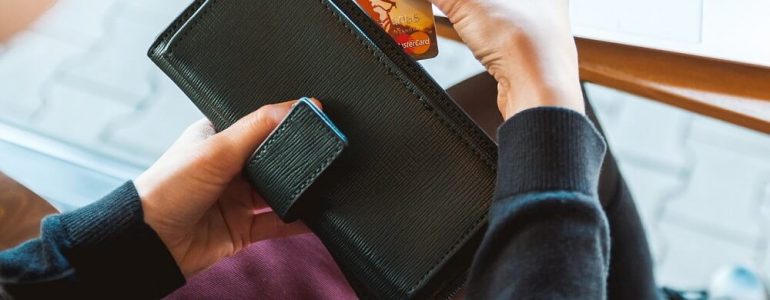I’ll admit, online shopping can be addictive. I’m talking from my wife’s experience. 🙂
When millions of products are just an app away it’s easy to buy a few things you’d have normally thought twice about if you were at a physical store.
Mostly however it’s a huge modern convenience. Just tap on whatever you want, pay and it’s delivered right to your door.
But as with any modern technology, it has its downsides. From fraudulent products to lost packages, you have to take extra precautions when shopping online.
Here are the biggest risks plus tips to protect yourself.
1. Fraudulent products
You have to be really careful about this one.
With many online stores like Amazon carrying thousands if not millions of products, some of them are bound to be counterfeit. This is especially common with products sold by third party sellers mostly in categories like electronics and beauty products.
Not only are these products inferior in quality, they can cause harm. Some like phone chargers can damage your devices.
When buying something, double check that it is sold by the main seller or a verified third party seller with good reviews. It’s also a good idea to check reviews. Customers are quick to post negative reviews if they received a fake product.
If you are not sure that the product you are buying is real, visit the manufacturer’s official website and check if you can buy it directly from them.
2. Fake reviews
This is a problem that even big retailers are struggling with. The fact that customers depend a lot on customer reviews to make a purchase decision has spawned a large black market of fake reviews usually sourced from other countries.
So you might buy a highly-rated product only to discover that it’s not what you expected in terms of quality.
Learn how to spot fake reviews. Beware reviews that are written in bad grammar, provide no concrete details about their experience, are overly positive or look similar to other reviews.
Also, do not just depend on the reviews displayed on the product page. Check what experts have to say on websites like Which? or Fakespot and checkout social media pages and forums for people’s experiences with that product.
3. Identity theft
If someone got hold of your personal financial details they could quickly wreak havoc on your life.
But since you have no option but to provide your credit card or bank details when you shop online, the risk for identity theft is always there.
Only buy from established retailers. They have stronger protections in place to protect your personal data. Smaller less-known online stores are too risky. If you have to buy from them, always check that the website is secure. One way to do this is to make sure their domain name starts with https and not http.
On your end make sure you use strong passwords to your online accounts, keep your phone updated and carefully scrutinize your financial statements for any unusual activity.
4. Stolen or damaged packages
Sometimes the package is successfully delivered only for you to find that it is damaged.
In other cases it’s delivered to your front door but someone steals it. Porch pirates – as parcel thieves are called – have become a nuisance lately.
Immediately you notice any damage to a product, take photographic evidence and immediately contact the seller for a return. Most credit card companies can help you claim a refund in such cases.
To prevent package theft, I recommend installing a home parcel drop box. It’s like a mail box for packages. When packages are delivered they are dropped into the box but cannot be taken out without a key.
5. Hidden costs
This happens a lot if you buy from lesser-known websites. Retailers like Amazon make it a point to indicate all costs, including shipping fees, upfront before you complete your order.
Shop from trusted retailers. If you have to shop at a smaller online store, don’t order until you know exactly how much you’ll be charged. Be especially careful of those retailers that sign you up for repeated purchases without your knowledge. They then make it difficult to cancel the subscription.
Conclusion
Safely shopping online is mostly about sticking to trusted retailers. On your end, you should also take extra precautions like installing a package drop box and doing your homework before buying anything online.







